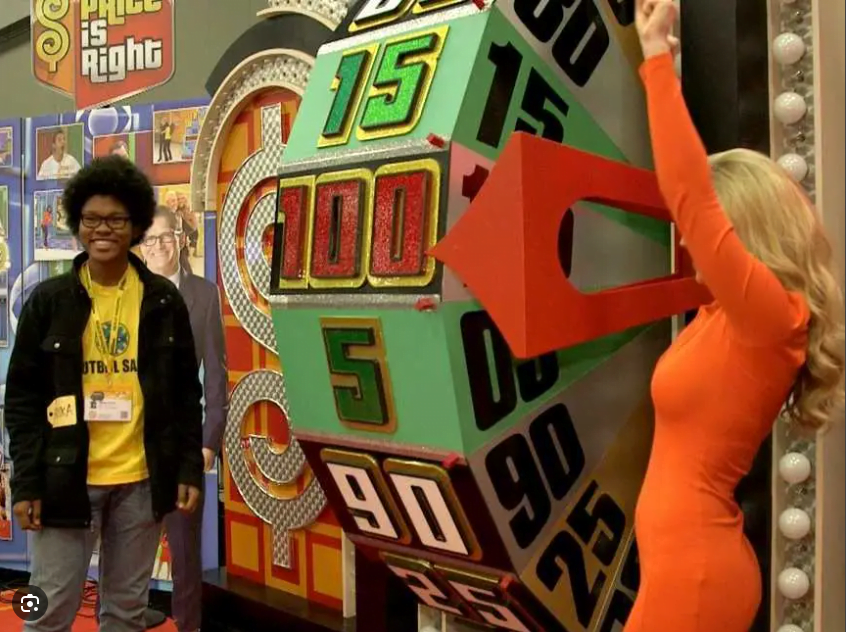
So, a case of $500,000 or more in value needs more time and attention and funds spent than a case with a smaller value. The usual distinguishing factors for these higher value cases is a loss of earnings that is legitimate. Not two weeks of work at $1500/week. I am talking about totally taking you out of your career and costing you $200,000 over 20 years or so. That takes a few fractures or a major injury and turns it into something more valuable.
But I cannot snap my fingers and say your case is worth more. It must be proved in Court and that takes experts and experts take money. So, if you have a severe injury that keeps you from doing your job, like a concussion that results in trouble reading or trouble hearing etc., I will hire someone to explain why you cannot do your occupation. Usually, this is a physiatrist or other doctor who, for litigation purposes, can connect up why an injury prevents you from doing your job. Then, I also must hire an economist to project your future lost earnings. The two work together to really tote up what your losses look like and the losses get big fast because of lost benefits, Medicare contributions, health insurance lost etc. This is a regular part of what I do in higher value cases. It makes the case cost more, but it is worth it to the client and outcome down the road. If I do not take these steps, an insurer will not view the file as significant because I will not have done the basics to get the evidence of future losses admitted.
What other elements go into bigger cases? One is a real focus on damages witnesses. Your family, friends, and co-workers are always great windows into what you suffered. Most people need to hear about damages from the injured person, but if it turns into too much drama, jurors will turn off and view it as whining. So, that is where bystanders come in. Anyone who can say what you went through is usually devastating testimony. Most of the time, the defense lawyers will not take their depositions during discovery and often will not even cross-examine the witnesses in a trial. It is great evidence. But most personal injury plaintiffs don’t want their family and friends to have to come in and hear about their pain and suffering or participate in their case. Plus, who really wants to drop things and come to court to testify under oath? Not too many.
I finished a recent case where the friendly witness was the best witness in the case. She came in, said her piece, and supported everything the plaintiff was saying, but in a nice folksy and endearing way. She was a winning witness. In summations, even the defense lawyers conceded that she was a lovely witness. Amusingly, before I put her on the stand, I had a chance to discuss with her what she would testify to and she basically said, “Mr. Neuwirth, I have testified in my own cases before over the years and I know what you want and what to say. I will do my job.” And she did. It was nice to watch her talk about her friend and her friend’s struggles. There was no cross-examination of substance.
So, bigger cases take more work, but there is more reward.
